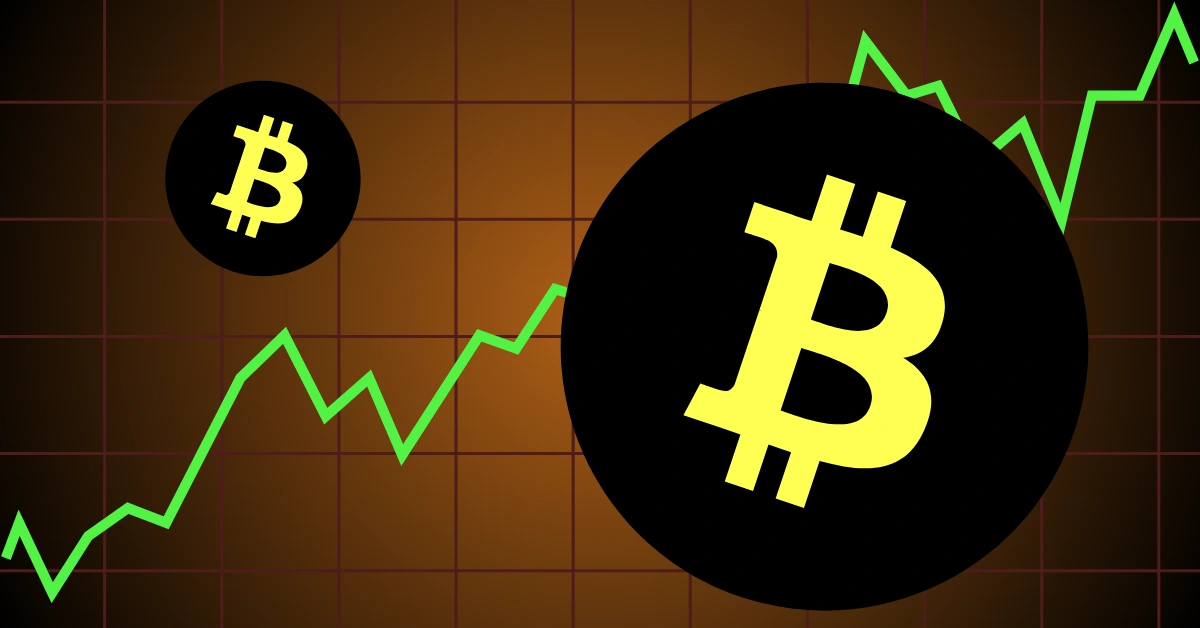
Milton Berg, the founder of MB Advisors, has recently shared his perspective on the current status of Bitcoin, especially following its surge to unprecedented highs after the 2024 U.S. election. The discourse surrounding Bitcoin’s valuation and its strategic market position has intensified, particularly with influential figures like former President Donald Trump voicing pro-Bitcoin opinions.
Bitcoin’s Price Surge: Speculation or Sustainable Growth?
Following the election, Bitcoin experienced a rapid increase in its value, peaking at approximately $74,000 to $76,000 per coin. This remarkable ascent has sparked debates about whether this surge is merely a “buy the news” reaction to Trump’s electoral victory or indicative of a long-term positive trend within the cryptocurrency sphere.
Despite the excitement, Berg urges caution. During a recent interview with David Lin, he conveyed his uncertainty about Bitcoin’s intrinsic worth. He compared Bitcoin to a speculative asset lacking definitive value metrics. Berg emphasizes that Bitcoin’s price trajectory is predominantly influenced by market sentiment and what investors are willing to pay.
Is Bitcoin Overhyped?
Berg argues that Bitcoin is currently overhyped, highlighting its speculative characteristics. He asserts that Bitcoin’s value might significantly decline from its present levels of $76,000 without fundamentally changing its role as a cryptocurrency.
In stark contrast to traditional commodities like gold, Berg notes that a dramatic drop in gold prices—from $2,000 to $500—would likely trigger a rush to purchase gold due to its tangible industrial and jewelry applications. However, Bitcoin lacks such intrinsic demand, with its value being solely determined by market willingness to pay.
Trump’s Bitcoin Reserve Idea: A Step Too Far?
Among the more contentious proposals from former President Donald Trump was the idea of establishing a Bitcoin reserve for the U.S. government. Trump proposed that the U.S. could acquire Bitcoin and incorporate it into the nation’s reserves. Nonetheless, Berg views this suggestion as misguided, arguing that the U.S. government no longer operates like a creditor nation, given its substantial debt levels.
In conclusion, while Bitcoin continues to captivate the attention of investors and policymakers alike, it is crucial to approach its valuation with a nuanced understanding of market dynamics. Whether Bitcoin is overhyped or on the cusp of sustainable growth remains a topic of active debate, underscoring the importance of informed investment strategies in the ever-evolving cryptocurrency landscape.





